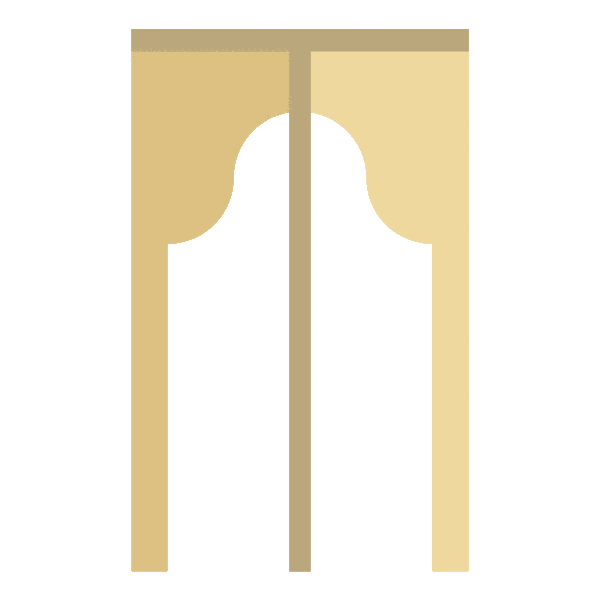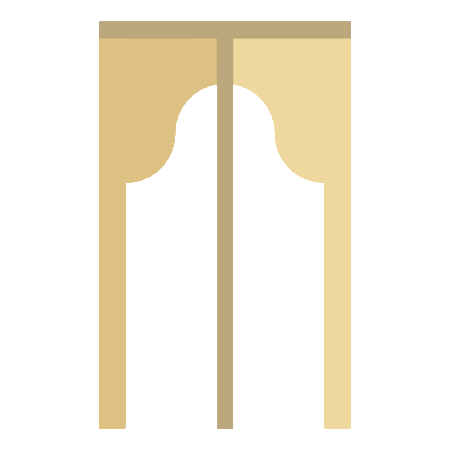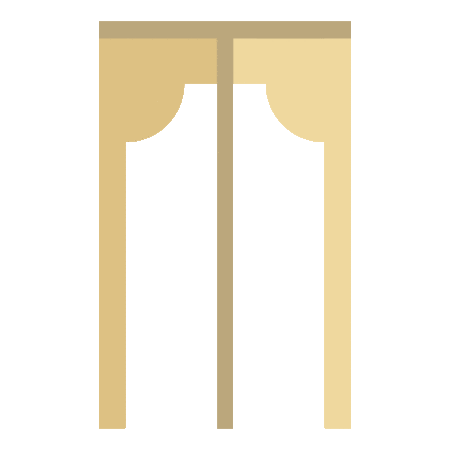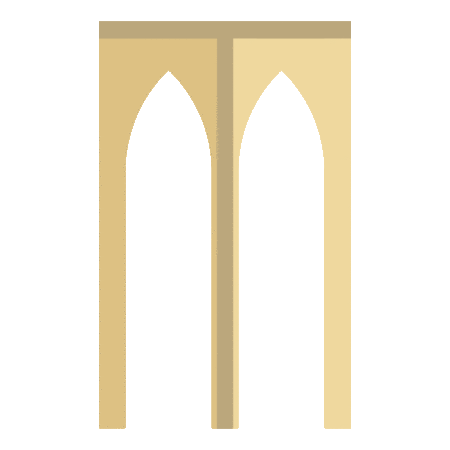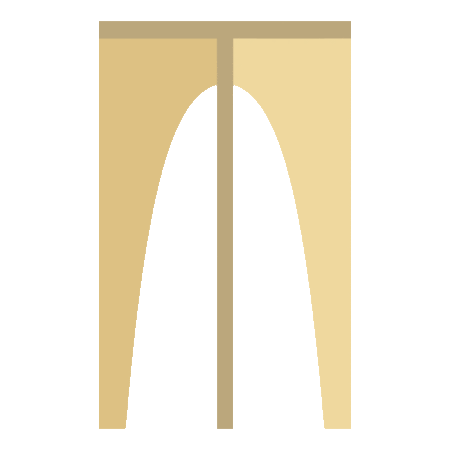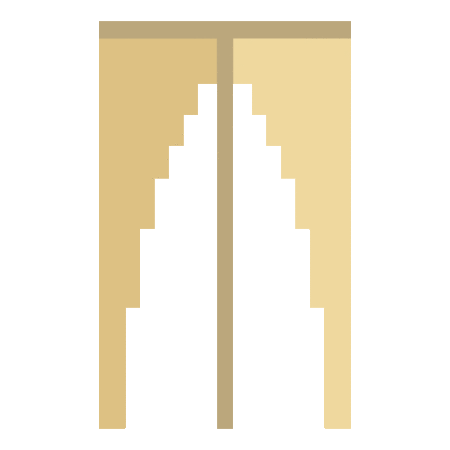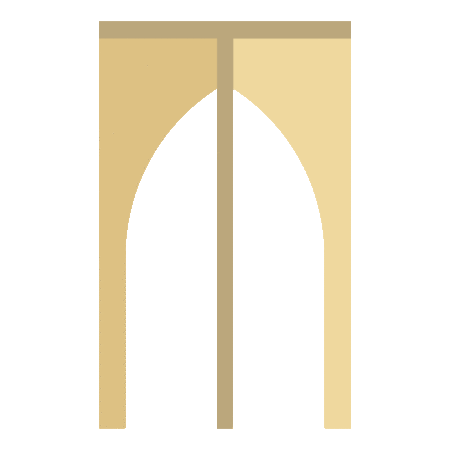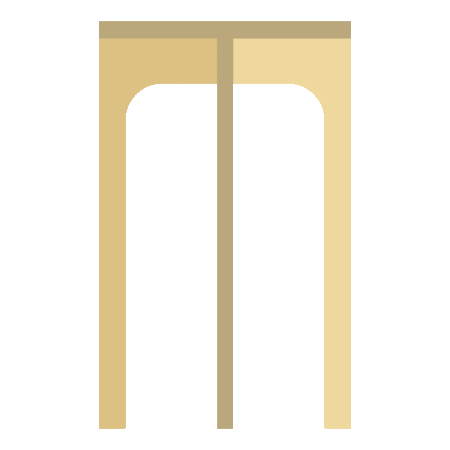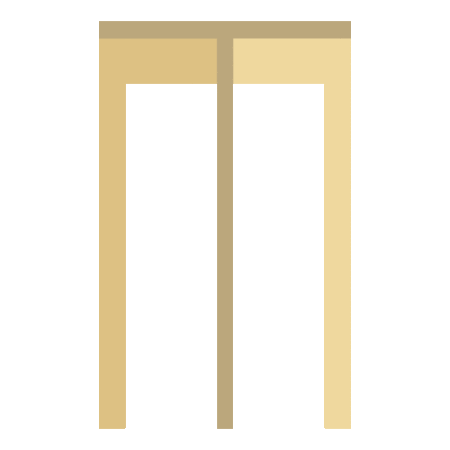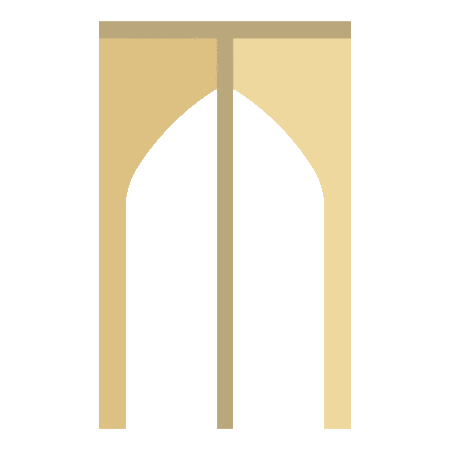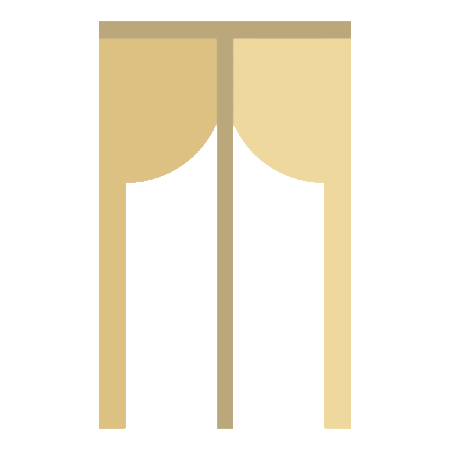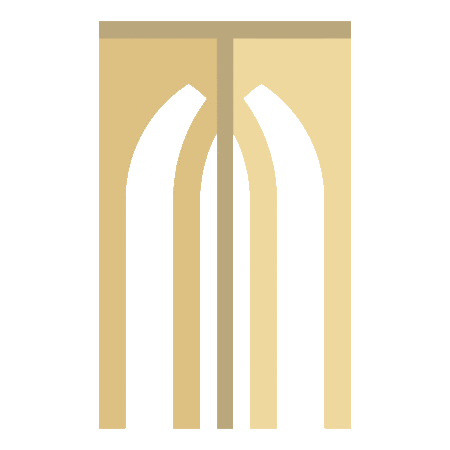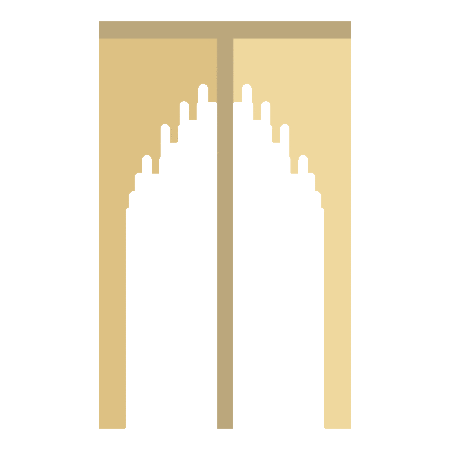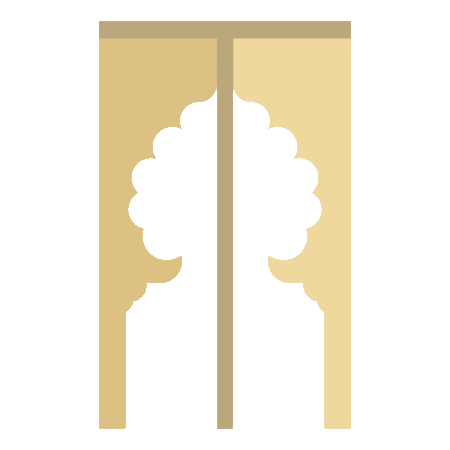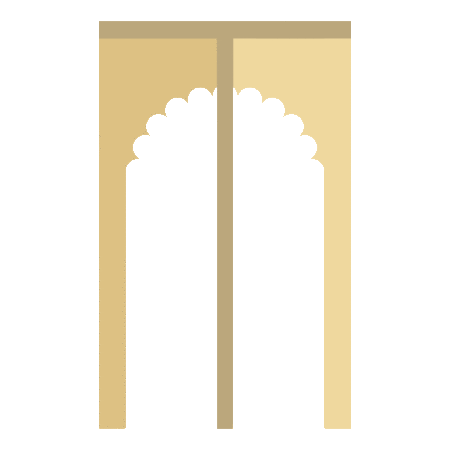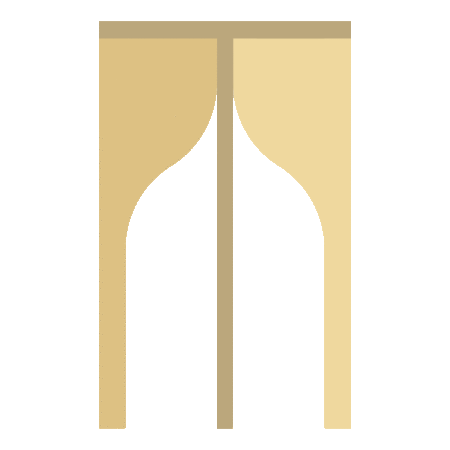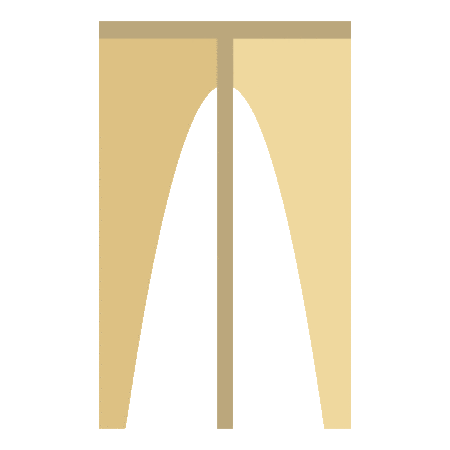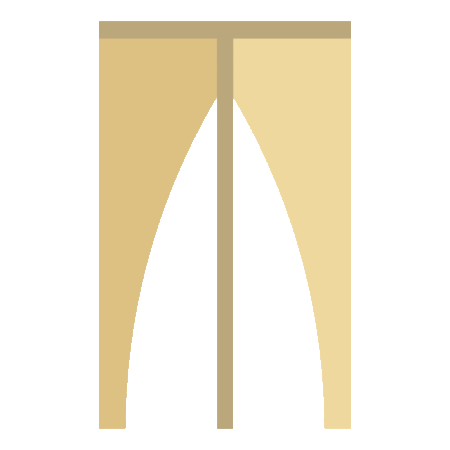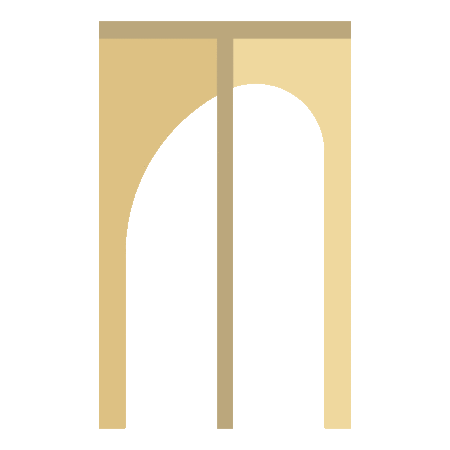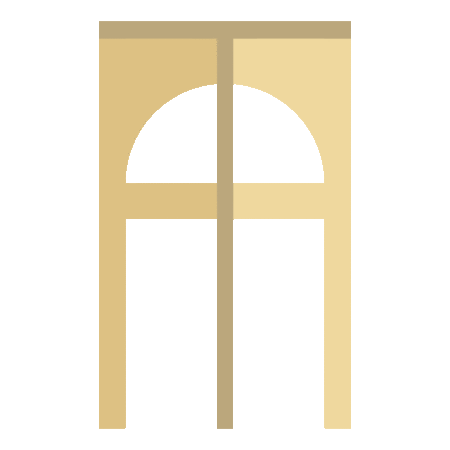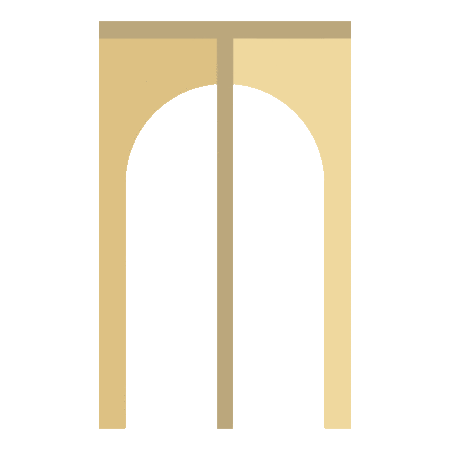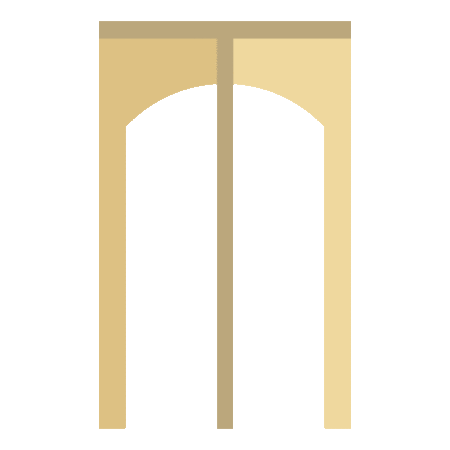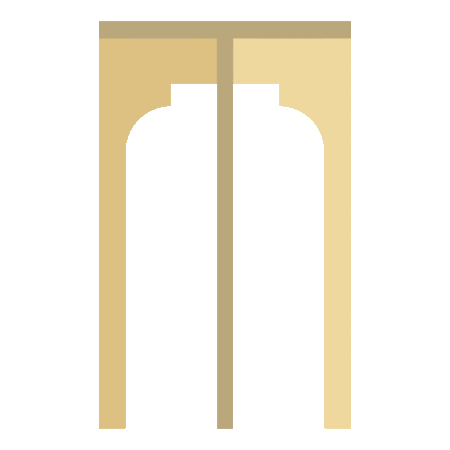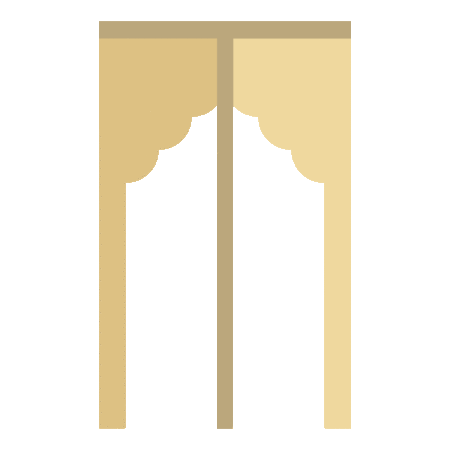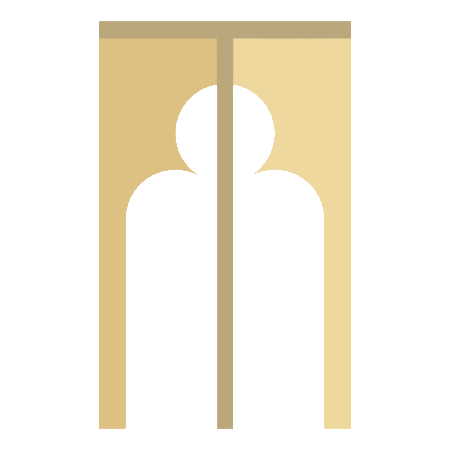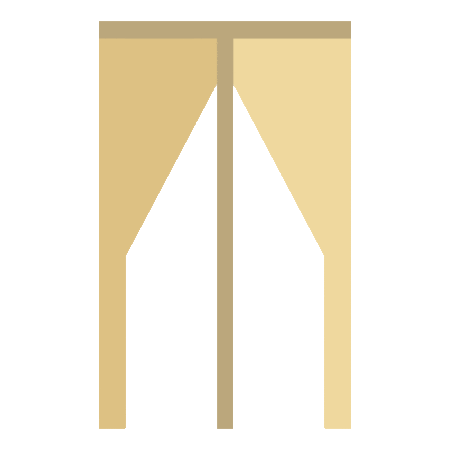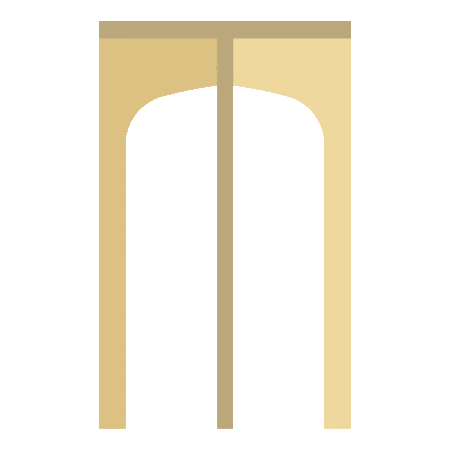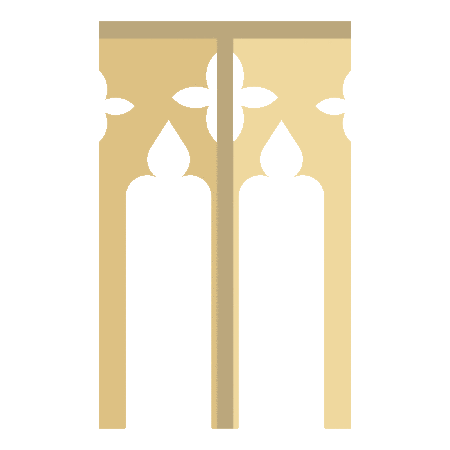About This Arch
“A round arch supported on large corbels, giving rise to a bell-shaped appearance.” McGraw-Hill Dictionary of Scientific & Technical Terms
The Bell Arch, also known as a Reverse Ogee (Cyma reversa) are double curves that combine two-semicircular arcs, one convex and one concave. Concave curves in architectural decoration are known as cavetto while convex curves are known as ovolo. A Bell Arch has an ovolo above a cavetto mirrored on the center line.
An Ogee (Cyma recta) curve is composed of a cavetto above an ovolo mirrored on the center line. The top of the Bell Arch / Reverse Ogee is rounded whereas the Ogee Arch is pointed.
Ogee and Reverse Ogee arches were used in Gothic and Gothic Revival architecture.
Bell arches are also known as Roman Ogee and Talon.
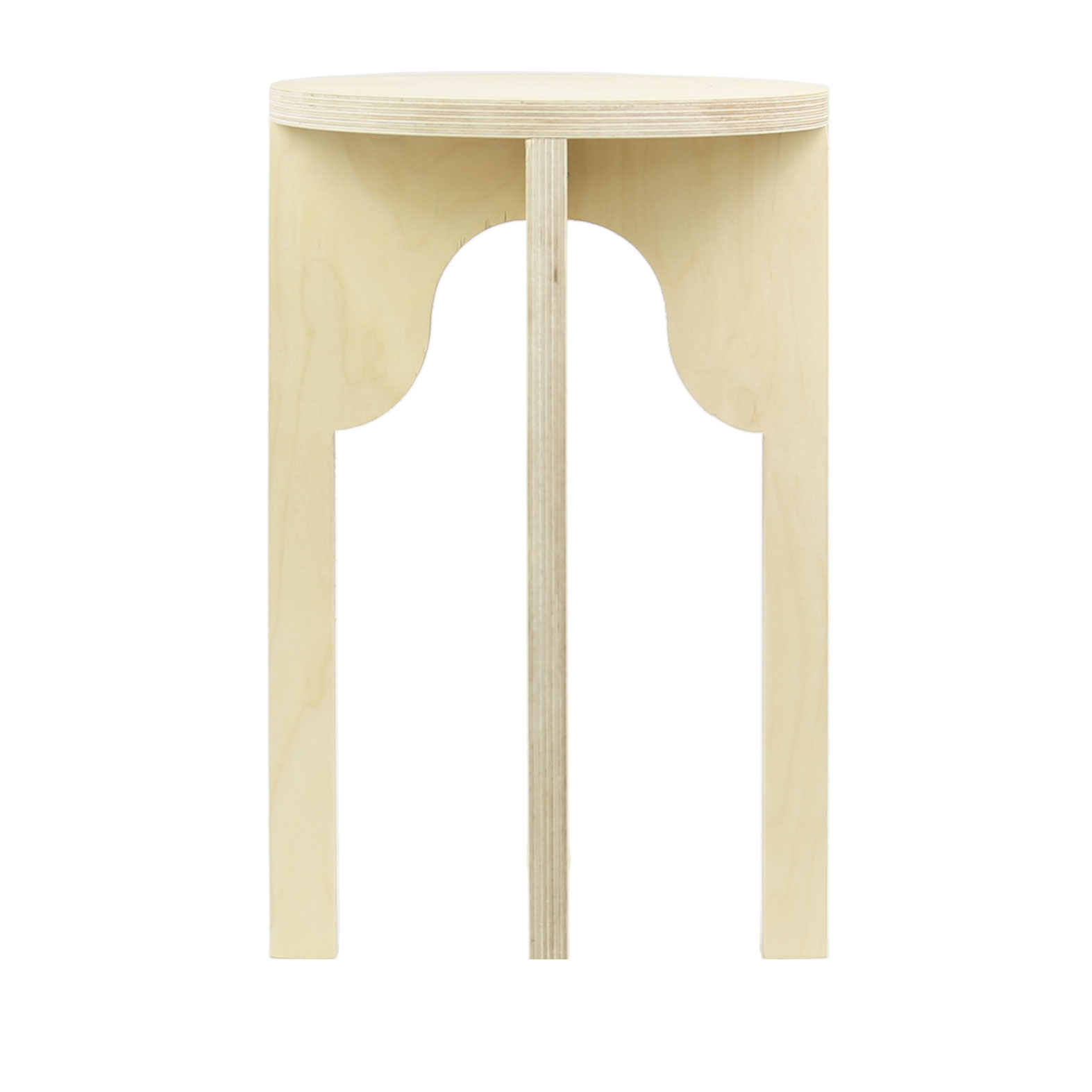
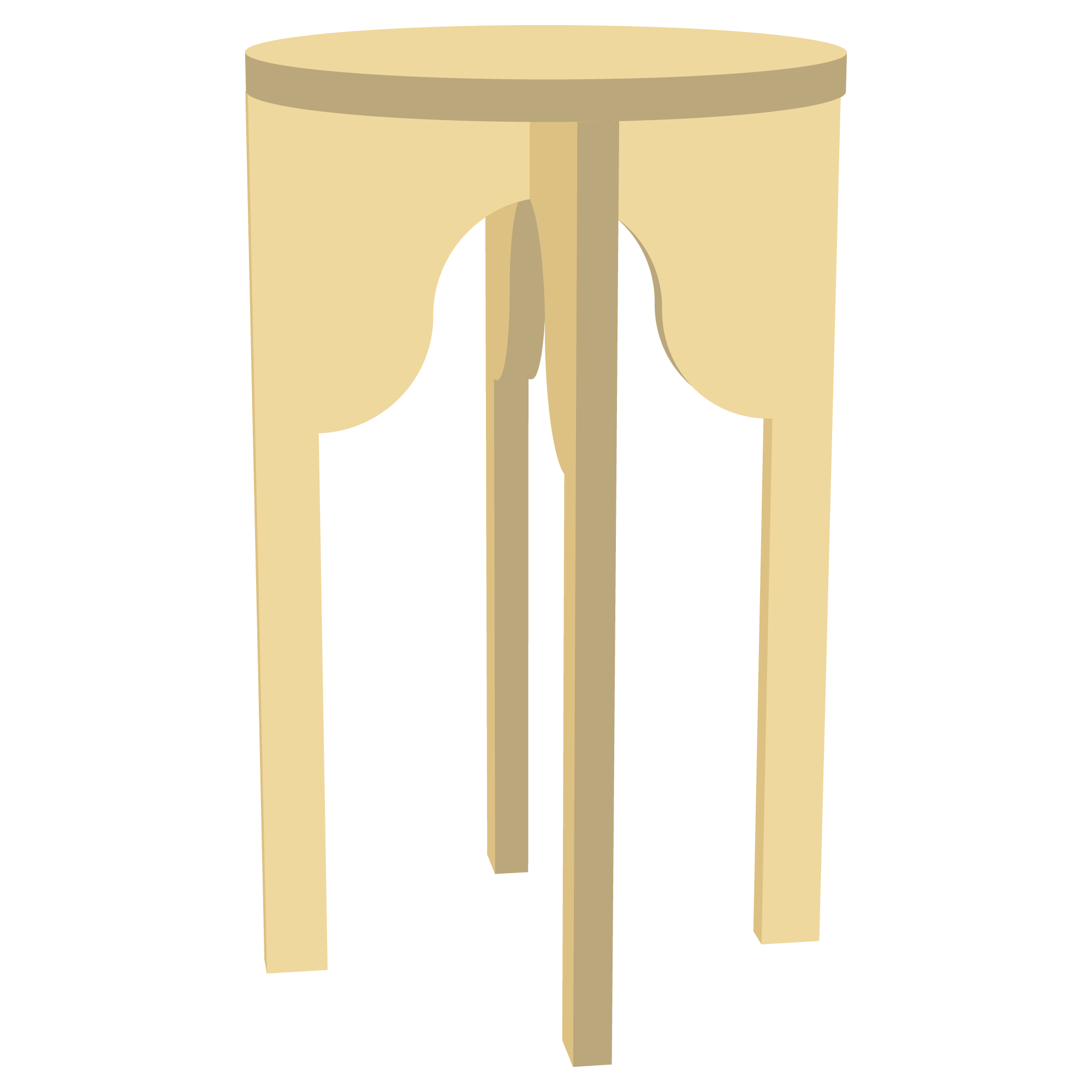
Materials & Process
Material: 18mm (3/4″) Birch Plywood (B/BB)
Process: Machine Cut with CNC Wood Router
Finish: Sanded / Satin Poly
Dimensions
Metric: 280mm x 280mm x 450mm
Imperial: 11.02″ x 11.02″ x 17.71″
The Arch Series
Arches were first used to construct underground tunnels, drainage systems, and to span over windows and doorways. These arches could only support small openings as ancient walls were extremely heavy. Pointed arches were different. They allowed for thinner walls to be constructed due to vertical structural loads being carried more efficiently to the ground. Lighter walls meant more windows that could be taller and wider. Indoor spaces subsequently changed from being very dark to very bright. Arches became more decorative over time as structural concerns were easier to overcome. The thirty-two arches in this collections span thousands of years on all continents. You can easily find several types of arch walking around any major city. Arches provided an essential stepping stone in creating the world we live in today.
